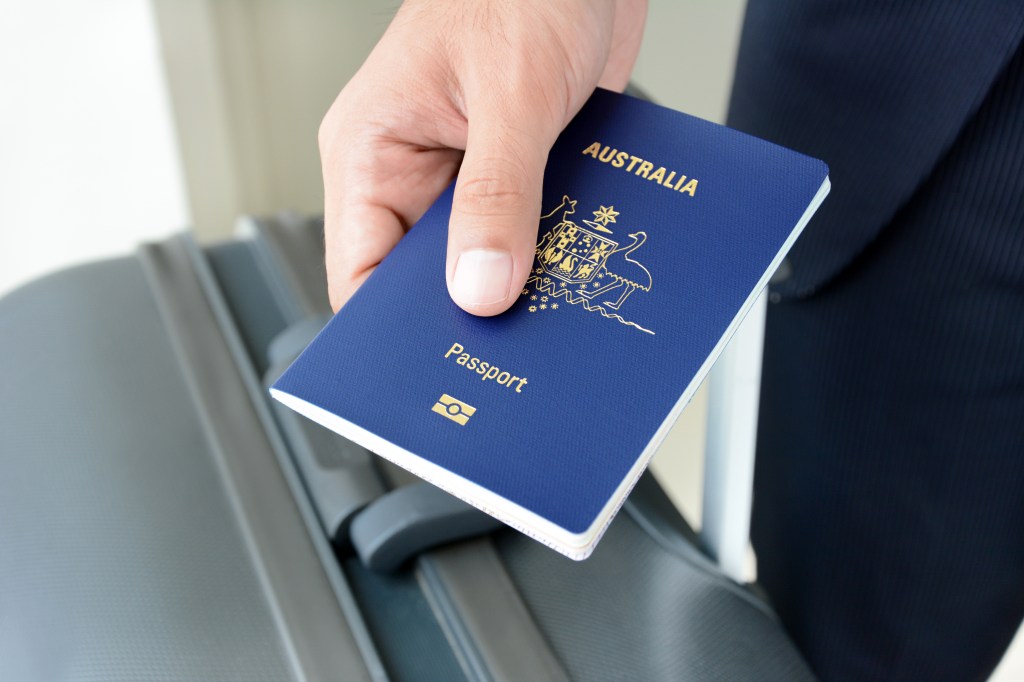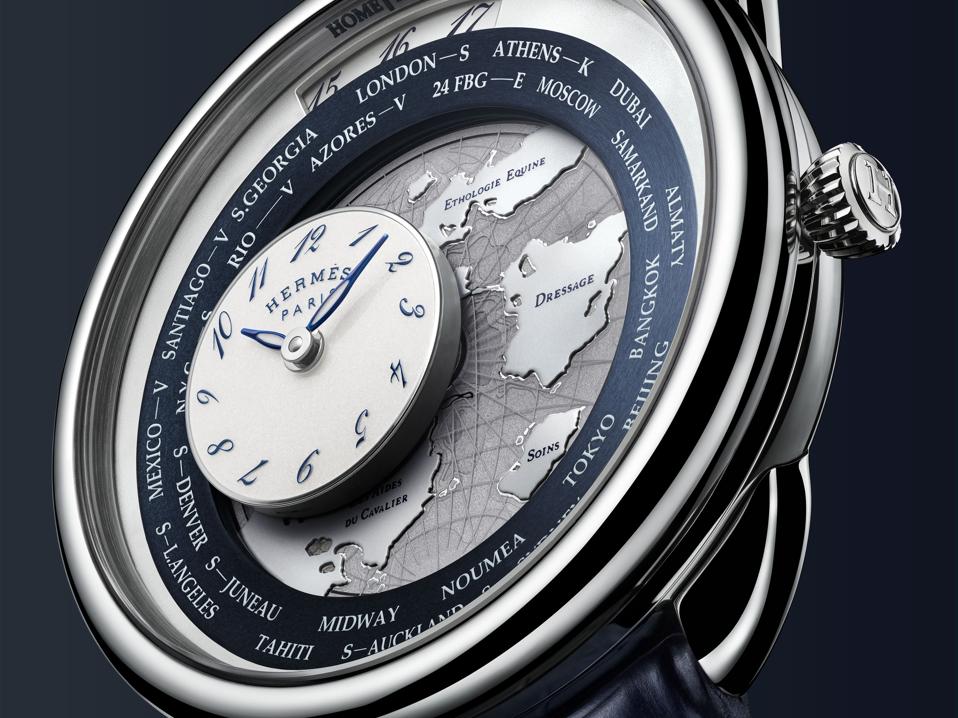Singapore now holds the standalone title of having the world’s most powerful passport, while Australia has jumped one spot into number five, allowing citizens visa-free access to 189 destinations, according to the latest Henley Passport Index.

Despite the overall trend towards increased travel freedom, the gap between the world’s most and least powerful passports has never been wider. Singapore, which was previously tied with five other countries for the top position, allows access to 169 more destinations than Afghanistan, which remains the weakest passport with only 26 visa-free destinations.
Countries with higher visa-free scores generally enjoy greater GDP per capita, increased foreign direct investment, and stronger international trade relationships, according to the annual index.
France, Germany, Italy, Japan and Spain tied for second place with visa-free access to 192 countries. Austria, Finland, Ireland, Luxembourg, the Netherlands, Sweden and South Korea came in at number three with visa-free access to 191 countries.
New Zealand has jumped into equal-fourth, while Australia narrowly beat out Greece and Poland, tying with Portugal for fifth spot.
But it was the United States that continued its decade-long decline, now ranked eighth with visa-free access to 186 destinations. While American passport holders enjoy extensive access, the US permits visa-free entry to only 45 nationalities, placing it 78th on the Henley Openness Index.
One of other most notable changes in the 2024 rankings is the United Arab Emirates (UAE), which has entered the top 10 for the first time. The UAE’s passport now provides visa-free access to 185 destinations, an increase from its 62nd position in 2006.
“The general trend over the past two decades has been towards greater travel freedom, with the global average number of destinations travellers are able to access visa-free nearly doubling from 58 in 2006 to 111 in 2024,” says Dr. Christian H. Kaelin, chairman of Henley & Partners and the inventor of the passport index.
“However, the global mobility gap between those at the top and bottom of the index is now wider than it has ever been, with top-ranked Singapore able to access a record-breaking 169 more destinations visa-free than Afghanistan.”

World’s most powerful passports for 2024
1. Singapore: 195 destinations
2. France, Germany, Italy, Japan, Spain: 192 destinations
3. Austria, Finland, Ireland, Luxembourg, Netherlands, South Korea, Sweden: 191 destinations
4. Belgium, Denmark, New Zealand, Norway, Switzerland, United Kingdom: 190 destinations
5. Australia, Portugal: 189 destinations
6. Greece, Poland: 188 destinations
7. Canada, Czechia, Hungary, Malta: 187 destinations
8. United States: 186 destinations
9. Estonia, Lithuania, United Arab Emirates: 185 destinations
10. Iceland, Latvia, Slovakia, Slovenia: 184 destinations
11. Croatia: 183 destinations
12. Liechtenstein, Malaysia: 182 destinations
13. Cyprus, Monaco: 178 destinations
14. Bulgaria, Romania: 177 destinations
15. Chile: 175 destinations
16. San Marino: 172 destinations
17. Andorra, Argentina, Brazil, Hong Kong (SAR China): 171 destinations
18. Israel: 166 destinations
19. Brunei: 166 destinations
20. Barbados: 165 destinations
Weakest Passports in the world 2024
90. Laos: 49 destinations
91: Congo (Dem. Rep.), Ethiopia: 46 destinations
92. Lebanon, Myanmar, Nigeria: 45 destinations
93. South Sudan, Sri Lanka: 44 destinations
94. Iran, Sudan: 43 destinations
95. Eritrea: 42 destinations
96. North Korea: 41 destinations
97. Bangladesh, Palestinian Territory: 40 destinations
98. Libya, Nepal: 39 destinations
99. Somalia: 35 destinations
100. Pakistan, Yemen: 33 destinations
101. Iraq: 31 destinations
102. Syria: 28 destinations
103: Afghanistan: 26 destinations

How are the passports ranked?
The Henley Passport Index compares the visa-free access of 199 different passports to 227 travel destinations. If no visa is required, then a score with value = 1 is created for that passport. The same applies if you can obtain a visa on arrival (VOA), a visitor’s permit, or an electronic travel authority (ETA) when entering the destination.
Where a visa is required, or where a passport holder has to obtain a government-approved electronic visa (e-Visa) before departure, a score with value = 0 is assigned. This also applies if you need pre-departure government approval for a visa on arrival.
The total score for each passport is equal to the number of destinations for which no visa is required (value = 1).
Are you – or is someone you know -creating the next Afterpay or Canva? Nominations are open for Forbes Australia’s first 30 under 30 list. Entries close midnight, July 31, 2024.
Look back on the week that was with hand-picked articles from Australia and around the world. Sign up to the Forbes Australia newsletter here or become a member here.


